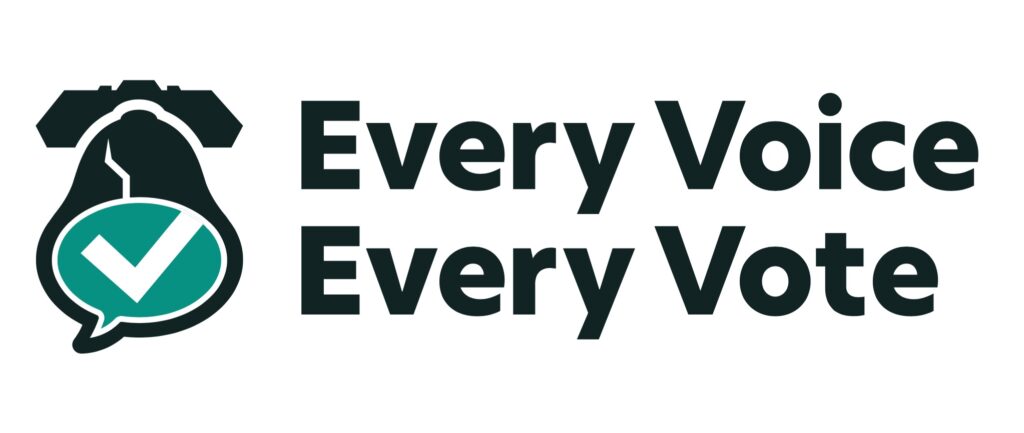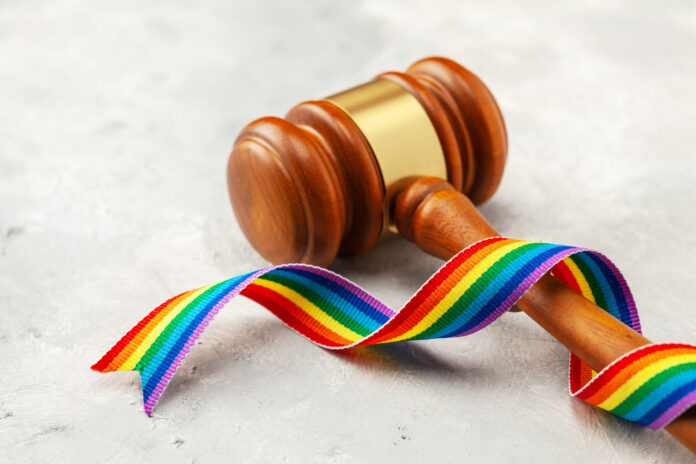Equality Forum is a Philadelphia-based LGBTQ+ rights and history organization whose focus is much broader than the city. It has also produced documentaries, hosted major summits, held early anti-discrimination training, organized marriage equality efforts and pursued other high-impact initiatives.
The organization is also responsible for an LGBTQ+ History Month initiative — lgbthistorymonth.com, which was launched in an effort to make LGBTQ+ history more accessible to the public. The free resource, which has been available since 2006, offers information about specific LGBTQ+ leaders and icons — organizing information with a tagging system to help users quickly find people within specific industries or demographics.
On Sept. 29, Equality Forum is holding its LGBT History Month Launch and Awards Celebration, where it will honor LGBTQ+ leaders and their work. Noteworthy LGBTQ+ leaders and allies will be present.
The 29th annual International Role Model Award — which honors worldwide leadership — will be given to Congressman Mark Pocan, chair of the Congressional LGBTQ+ Equality Caucus.
The 10th annual Frank Kameny award — which honors pioneers who make a defining difference in LGBTQ+ civil rights and justice — will be given to the Philadelphia LGBTQ Bar Association. This year’s award will be presented by Councilmember Rue Landau — Philadelphia’s first openly LGBTQ+ council member — who is also a member of the association.
Previous recipients of the award include Jim Obergefell — the marriage equality plaintiff, former Pennsylvania Governor Ed Rendell, prominent HIV/AIDS activist Peter Staley, and other noteworthy leaders.
“They’ve all been highly worthy recipients,” Lazin said.
This year, the organization is honoring the Philadelphia LGBTQ Bar Association to recognize the group’s contributions to the transformation of the legal field, to progress in case law, and to legislative milestones.
“It’s really a celebration,” Lazin emphasized. “We thought this was an important story to tell.”
“We’re very proud to be recognized for this,” said Liz Weissert, the association’s current president. “And I think the award has provided a really great opportunity for us to recognize the decades of lawyers who have come before us. In many ways, things are easier for us and the profession is much more inclusive than it was 30 and 40 years ago because of them.”
At the event, some of the association’s past leaders and older community members who were involved in previous decades will be speaking about the impact and evolution of the organization.
“I’ve learned from them,” Weissert noted. “And they’ve shared a lot of history with me.”
The Philadelphia LGBTQ Bar Association was founded in 1986 as Pennsylvania Attorneys for Human Rights — an intentionally generic name that avoided unnecessary attention.
Initially, membership lists were also kept anonymous — and many members didn’t provide an address or contact information — because many were not out professionally or sometimes even in their personal lives.
“It was formed by a group of people who thought it was really important for LGBT legal professionals to get together and start to support each other and share the experiences that they were having,” Weissert explained. “And to talk about ways to begin to advocate for change — for civil rights.”
“This was the only place where they could talk about the issues that they were facing,” Weissert emphasized — noting that some of the members joined in order to meet other LGBTQ+ people or professionals who might have similar experiences.
Weissert said the group grew to be more “confident” in the 1990s and changed the name of the association to Gay and Lesbian Lawyers of Philadelphia — GALLOP. With that intentional shift toward visibility, the association started hosting more outward-facing events — including legal clinics, continuing education programs, and workshops about issues people of the day might be facing.
“Efforts really began to increase steadily,” she said, explaining that the early 2000s brought a conference and a career fair which became a model for the national LGBTQ bar association.
Now there are countless out lawyers and legal professionals — including, Weissert said, over a dozen LGBTQ+ judges in Pennsylvania and the highest number of LGBTQ+ judges to ever be appointed by a president.
Today, the group is focused on using the lessons learned over the decades to hone in on the importance of intersectionality and empowering younger generations. Weissert highlighted the need to support first-generation law students, gender non-conforming people, people of color and other more marginalized members of the association.
“If we want to make the legal profession more diverse and inclusive, we have to forge that way and then turn right back around and bring up the people following us,” she said.
The association also helps LGBTQ+ people find better legal representation among professionals they feel they can trust.
“I think it’s really important for people who don’t have very much interaction with the legal system to have a lawyer who understands them, who understands the issues in their community and the things they might face, and sort of is a friendly face to steer that process,” Weissert explained.
“It’s important to be a voice for the community,” Weissert noted, explaining that LGBTQ+ people in leadership positions act as advocates even if their work isn’t specifically focused on civil rights.
“What I’ve found is that queer lawyers — even if it’s not the biggest part of their career — are often really engaged with helping the LGBTQ community in different ways,” Weissert said, underlining that many of the association’s volunteer and offer pro bono services to LGBTQ+ people who need support with name changes and other queer-specific issues.
In that way, the Philadelphia LGBTQ Bar Association is doing what it’s always done — being a resource by and for the queer community. Weissert is excited to honor that tie to the past, celebrate the progress the association has continued to make, and dig into the important work she says needs to continue.
“Something that we’ll emphasize at this event is that this isn’t over. There’s still much that needs to be done,” Weissert said, pointing to legislation and lawsuits targeting trans and gender nonconforming people.
“The legal community in Philadelphia has always been really at the forefront of LGBTQ rights,” Weissert said. “And it’s important that we continue the work and continue to uplift each other and protect each other.”


